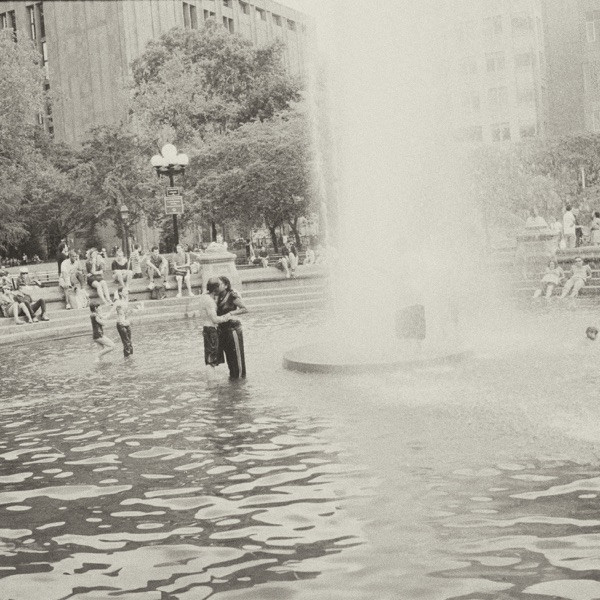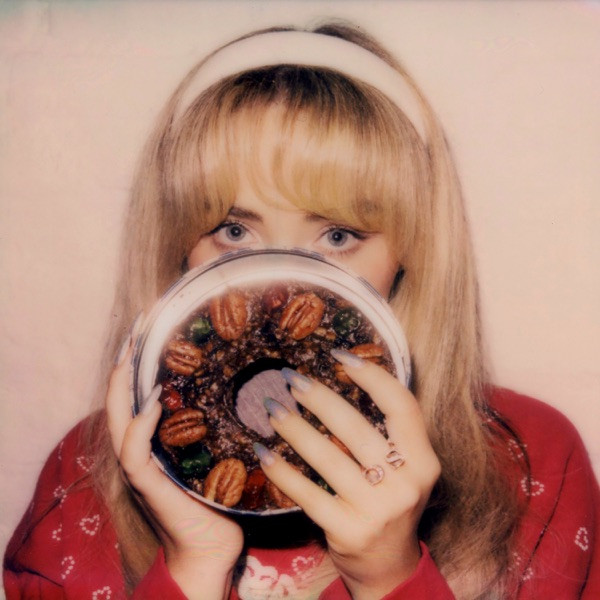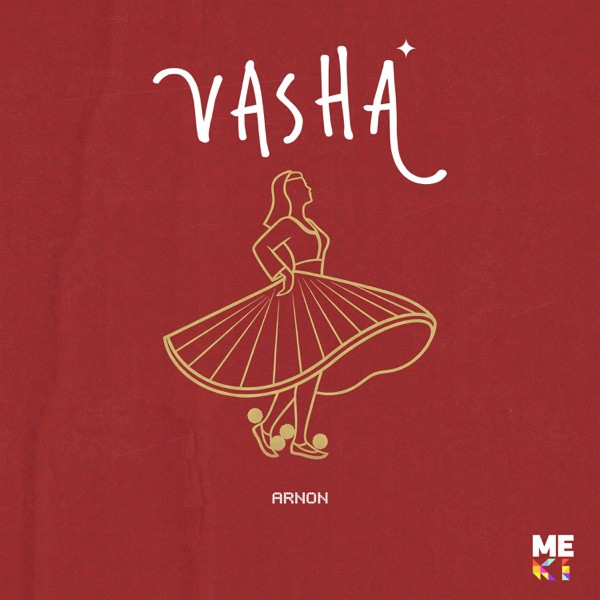
The U2 frontman opens up about grief, growing up on canned food, and how loss shaped his music and his life
Bono has long been celebrated as one of rock’s most powerful voices, both on and off the stage. But in a rare moment of vulnerability, the U2 frontman shared how the death of his mother when he was just 14 years old left him in a state of survival—one marked by grief, simplicity, and a hunger for something more than food.
Speaking to Ruth Rogers on her Apple podcast Ruthie’s Table 4, Bono reflected on that painful chapter of his youth in Dublin. His mother, Iris Hewson, died suddenly of a brain aneurysm at just 48, an event that would forever alter the trajectory of his life. Left in a house of men—his father and older brother Norman—the young Paul David Hewson, as he was then known, had to navigate adolescence without the warmth and stability he once took for granted.
“After my mother’s death, I’d come home and eat whatever was easiest to find: a can of meat, baked beans, and a packet of Cadbury’s Smash, the instant mashed potato,” Bono recalled. “Thinking back to those years, food wasn’t pleasure. It was just fuel.”
This mechanical approach to eating mirrored his emotional state. In the silence that followed his mother’s passing, there were few conversations about her, few shared memories. “We never talked about her. We didn’t even say her name. And when you do that, it becomes hard to recall her at all,” he admitted. “There were tense moments at that kitchen table—three men often arguing, because the woman of the house wasn’t there anymore.”
As a teenager, Bono found his solace not in meals but in music. What little money he had wasn’t spent on groceries but on records. “Hello Hooray” by Alice Cooper was one of his earliest purchases—a song that seemed to echo his longing for escape and expression. It wasn’t about feeding his body but feeding his soul, a choice that hinted at the artist he was becoming.
Norman, his older brother, sometimes brought a taste of the outside world home. Working at a nearby airport, he’d occasionally return with leftover airline meals—tiny luxuries in an otherwise sparse culinary landscape. “Those were special moments. Steak with pineapple, some Italian dish called lasagna we’d never heard of before, or rice that wasn’t sweet but savory with peas. Those little touches made a difference,” Bono said with a bittersweet smile.
The loss of his mother and the resulting isolation became a quiet undercurrent in Bono’s life and work. U2’s lyrics often explore themes of love, loss, and reconciliation, infused with a sensitivity that feels rooted in those formative years of absence. Songs like “I Will Follow” and “Sometimes You Can’t Make It on Your Own” seem to echo the ache of a boy trying to make sense of a world without a maternal anchor.
At 65, Bono is more than a rock icon. He’s a humanitarian, author, and cultural figure who isn’t afraid to talk about the wounds that shaped him. His journey from a grieving teenager surviving on canned food in Dublin to the charismatic leader of one of the world’s most influential bands is a testament to resilience and hope.
“It’s funny how loss stays with you,” Bono reflected. “But maybe it also gives you a kind of fuel—different from food—the kind you need to keep going, keep creating, keep reaching for something bigger.”
In sharing his story, Bono reminds us that even in our darkest chapters, there is a chance to transform pain into something enduring—art, love, and a legacy that resonates far beyond our own lives.







